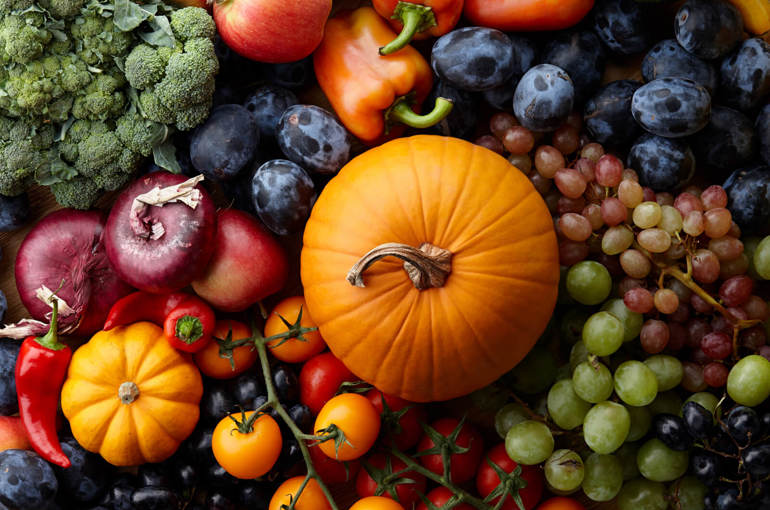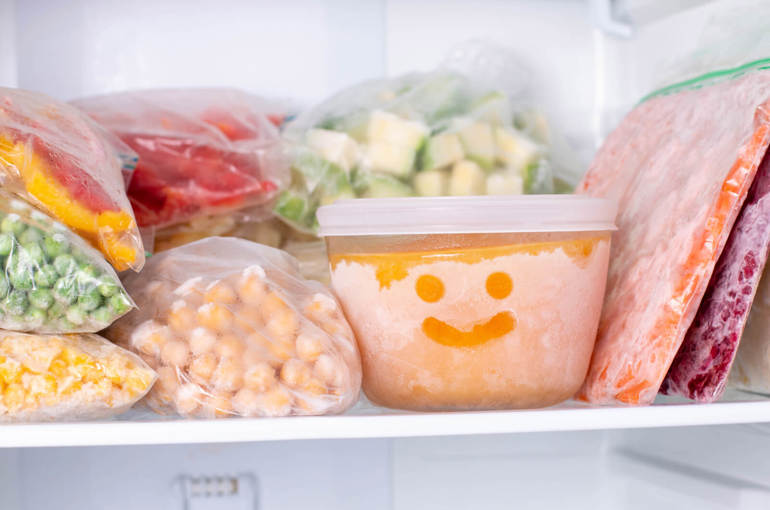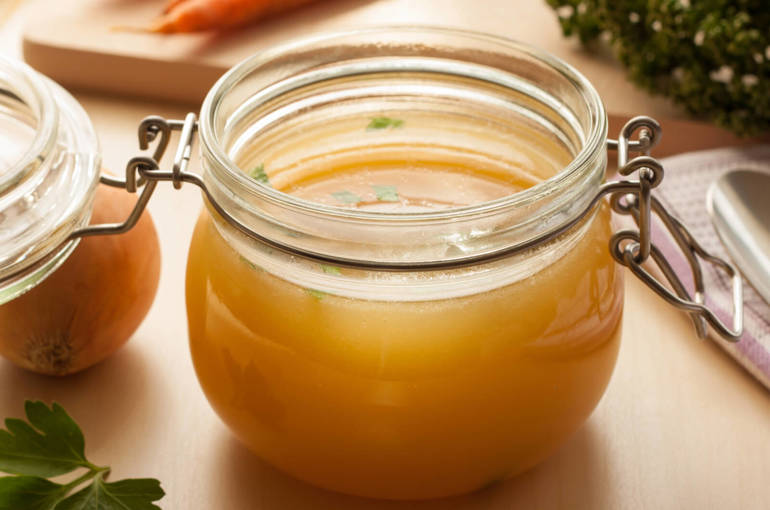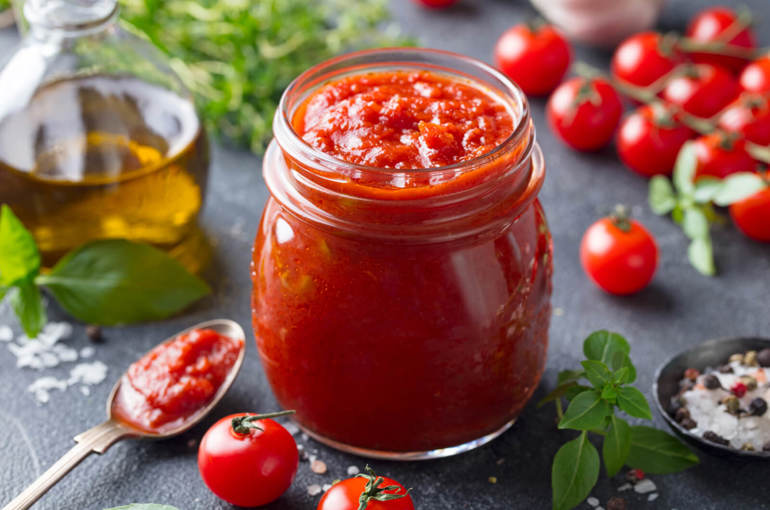
10 ways to make your food go further
Not only will these tips ensure you are saving money on having to buy less, but they will also ensure you are doing your bit to reduce waste, as well as creating delicious and nutritious food for the whole family to enjoy.
There’s no denying that we are all currently looking for ways to bring down the cost of our monthly outgoings. And, as one of the biggest costs is generally our food bill, we thought it might be helpful to offer a few top tips on how to make your food go further for less.
1. Plan your menu in advance

Planning your week’s meals in advance is a short task that can help you to save big on both time and money. Be sure to get input from all the family and use your menu to create a shopping list of all the items you need. Make sure you check your food cupboards, fridge, and freezer before you start to see if you already have some of the ingredients you will need to avoid duplicating items.
2. Cook in batches

Batch cooking your meals in advance is also a great money and time saving job. Sunday night is a great time to turn the oven on, get your casserole dishes out and batch make some dinners that will get you through the new week. Homemade lasagnes, casseroles, chillis, curries and pasta dishes can all be made in advance and then placed in the freezer to be heated up as and when you need them.
3. Look out for the best deals

We all love a good deal! Especially here at Nisa. Luckily, there are some great offers to be had on many of our favourite food and drinks that we can maximise on. Own-label products are generally much cheaper than branded products, but when you find a great offer, you could be paying less even for the big brands.
Do some research and find out what offers are coming up so that you are prepared to look out for them instore or online. You can check out our current Nisa Big Deal, Easy Meal, and Freezer Deals for some great offers on the food products you love.
4. Buy seasonal and locally grown vegetables

Different fruits and vegetables grow at various times throughout the year, so it’s always worth knowing what season it is. The autumn months of September, October, and November are when many root vegetables are in season in the UK and readily available at the lowest prices. These include broccoli, cabbage, parsnips, carrots, and Brussel sprouts. Not only will you be doing your bit for the local growers, but you will also be reducing your carbon footprint by buying less produce flown over from faraway countries.
5. Make your bread go further

Using airtight bags to store your fresh bread will help you to keep it fresher for longer. Freeze any bread you don't think you will use that week – after all, you can place frozen slices straight into the toaster, so this won’t even cost you any extra time to defrost it. Bread that has gone slightly hard or stale can also be crumpled up to make breadcrumbs, which can be used in recipes to make breaded chicken or fish. Alternatively whip up a homemade bread and butter pudding with leftover slices for a yummy autumnal pudding idea.
6. Freezer herbs and fruit

If you’ve bought a bunch of herbs and used only a fraction of them in your recipe, then you might be wondering what to do with the rest. Definitely do not throw them away! Many herbs freeze really well, including basil, mint, and parsley. You can either freeze the leaves flat on a tray before storing them in boxes or chop them and freeze them in individual ice cubes. Similar, un-eaten fruit can be frozen easily and then used to make smoothies or puddings when you need them. Simply take fruit off the stems, wash, and chop it before placing it into freezer bags.
7. Make your own stock

Next time you reach for the stock cubes on the shelf, remember that you can make your own pretty easily and much cheaper. Use your leftover carcass and bones instead of binning them once you’ve carved up your roast chicken. Boil them in water with chopped celery, onion, carrots, and seasoning, and you’ll have several litres of lovely stock at the end of it. Want a veggie version? Use all those bits you don’t need from vegetables – skins, tops, roots – to make your own vegetable stock. Collect them in an airtight container before boiling with bay leaves and peppercorns to make your stock.
8. Get saucy

Tinned sauces can add up on your shopping bill, so why not use your leftovers to make your own homemade versions? If you’ve got any leftover spinach, rocket, and herbs, then you can blend these to make a tasty pesto mix to serve with toast or pasta. Also, older soft tomatoes, carrots and courgettes can be boiled and blended to make a tomato-based sauce which is delicious either hot or cold. You can also blend your own oils and vinaigrettes for salads using olive oil, garlic, lemon juice, and salt and pepper instead of buying bottled versions.
9. Be creative with your recipes

Clearing the fridge is much easier when you get a little more inventive with your recipe collection. Pretty much anything can be thrown into an omelette – leftover salmon, tuna, mushrooms, and aubergines all make great ingredients that might not usually be considered. Similarly, all these same ingredients would work perfectly as an alternative to a classic beef burger patty. Just mix with an egg to bind the mixture together and some herbs to season. We have some delicious leftover recipes on our website for you to check out, including leftover lamb curry and leftover turkey noodles.
10. Add leftover fruit to infuse teas and water (or gin!)

Peel from oranges, lemons, and grapefruits that would traditionally be binned can be used to add taste to many of your favourite drinks. Add them to your daily water bottle for a fruit-infused version or top them up with boiling water in a mug for a fragrant, healthy caffeine-free tea. Alternatively add your peel to a good quality gin or vodka to make a home-infused fruity booze to bring out at your next dinner party!
We hope you have found these tips helpful in order to make your food shop go further. Be sure to regularly check our offers page for current deals and also our recipe pages for seasonal inspiration.
Over 2,500 independently owned stores nationwide.